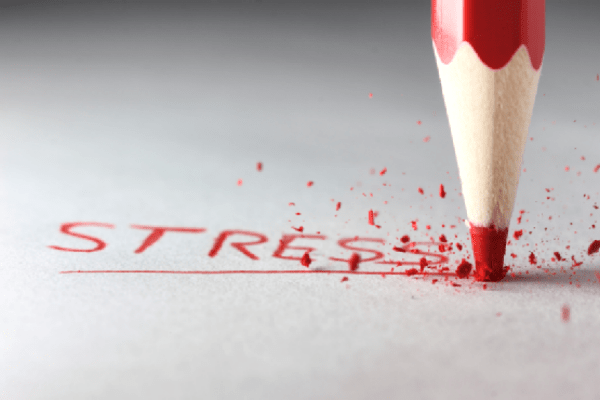
Yes, yoga for stress! It is not a fad, but a real tool to use to help you calm down, and retrain the mind to avoid stinking thinking.
We all need to use different techniques to deal stress and to maintain self-preservation. When we don’t release pressure it builds up and can hurt our health, mind, and sideline us sometimes for good.
Yoga does more for us than stretching--it has a way to make us more mindful, and allows us to develop strategies to deal with stress better. B.K.S. Iyengar said:
“Yoga means union - the union of body with consciousness and consciousness with the soul. Yoga cultivates the ways of maintaining a balanced attitude in day to day life and endows skill in the performance of one's actions.”
Yoga can teach us to short circuit anxiety and teaches how to fight stress and also embrace serenity. The postures in yoga help build muscles and flexibility.
Hatha yoga is great to use to calm down and fight off every day annoyances that life tends to bring our way. Hatha means forceful. It is designed to open the channels of the body like the spine.
Big toe pose, child’s pose, plank pose, warrior pose, and downward-facing dog pose all are some examples of things you can do during this practice. This is great for beginners.
Hatha yoga is a series of gentle poses that use breathing exercises, which slows the heart rate and blood pressure, and great for women who are pregnant.
Harvard Health reported:
“By reducing perceived stress and anxiety, yoga appears to modulate stress response systems.
This, in turn, decreases physiological arousal — for example, reducing the heart rate, lowering blood pressure, and easing respiration. There is also evidence that yoga practices help increase heart rate variability, an indicator of the body’s ability to respond to stress more flexibly.”
Mindfulness that is linked by doing yoga as it allows us to live in the moment without judgment. The American Psychological Association explained that research shows that mindfulness or mediation decreases emotional reactivity.
“…one study, participants randomly assigned to an eight-week mindfulness-based stress reduction group were compared with controls on self-reported measures of depression, anxiety and psychopathology, and on neural reactivity as measured by fMRI after watching sad films. The researchers found that the participants who experienced mindfulness-based stress reduction had significantly less anxiety, depression and somatic distress compared with the control group.”
Practicing yoga also boosts working memory, intuition, helps with fear—along with allowing people to deal with relationship stress better.
Here are other ways to cope with stress and taming the mind.
Choose thoughts wisely as this also can control your emotions and the way you feel. Get a handle on practicing good health habits to help you cope better. Eat more nutritious meals, and limiting your intake of foods high in sugar and caffeine. Get more sleep.
The less sleep you have the less you can deal with stress, and the more you eat!
Exercise more to get rid of pent up anger and energy. Ask for support, by developing a group of people who can help, help give advice, and give you a boost. Maybe even do yoga with you.
Why is this important? How you handle stress now could be an indicator of depression years down the line. Researchers looked closer at this relationship. Psychology Today shared more about this link. “They found that our long-term emotional health has less to do with what happens to us than with how we react to what happens to us.
The better we are at managing our emotional responses and thoughts today — to whatever problem we’re facing at work or at home or with our kids — the better mental health we’ll enjoy ten years from today. The better brain we’ll own.”
Yoga can not only help the mind, but help us overall in our lives with stress, health, and building resilience.

